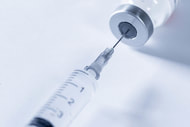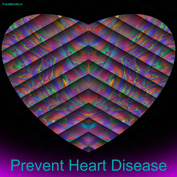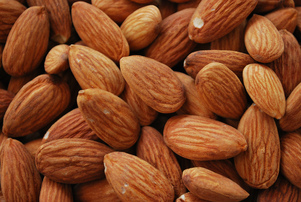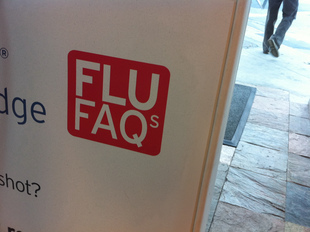
One of the treatments that I have found the most beneficial in my patients in order to help support the adrenal glands is B complex injections. It may sound scary, but it is a small needle inserted into the muscles on the hip and is quite painless. The injections contain a mixture of Vitamin B5 (dexpanthenol), B complex and Vitamin B12. The body uses B vitamins as cofactors in many of its biochemical pathways in order to produce hormones, regulate DNA, cellular energy and ensure proper metabolism and immune functions. Vitamin B5 is specific to cortisol production and adrenal support. I have seen the injection work much better and quicker than oral B vitamins as it reduces the need for absorption in the gut and goes directly to the bloodstream where it can be utilized by the body immediately.
There are no reliable, cost effective tests for most of the B vitamins, but I imagine the majority of the population would be deficient if tested due to our high stress lifestyles. As B vitamins are water soluble the body does not store them and will eliminate what it does not use, so a therapeutic trial to see if you feel better with the B complex injections is one way to know if you are deficient. Patients getting B complex injections have most often noticed increased energy, better mood and improved sleep.










 RSS Feed
RSS Feed